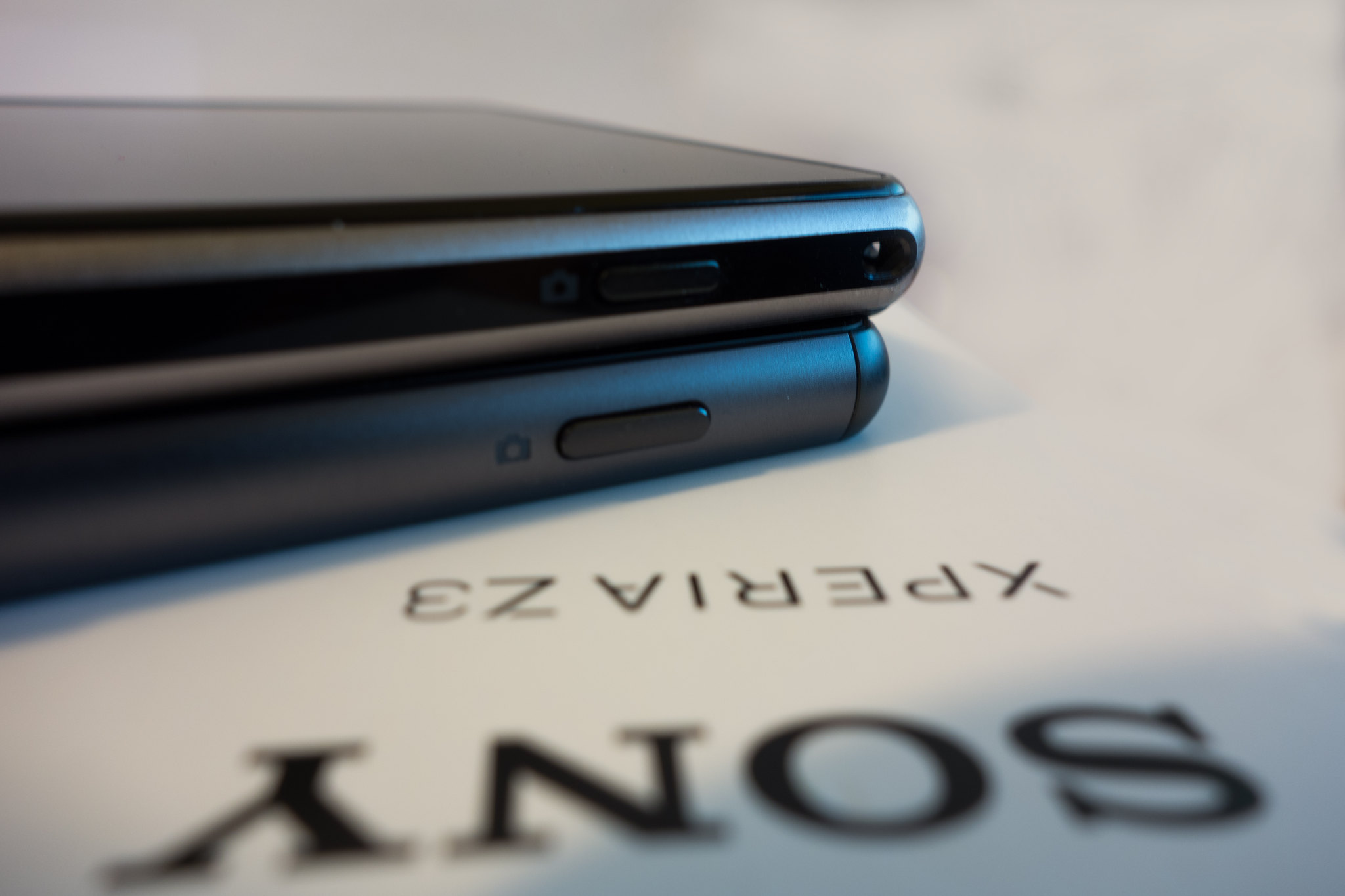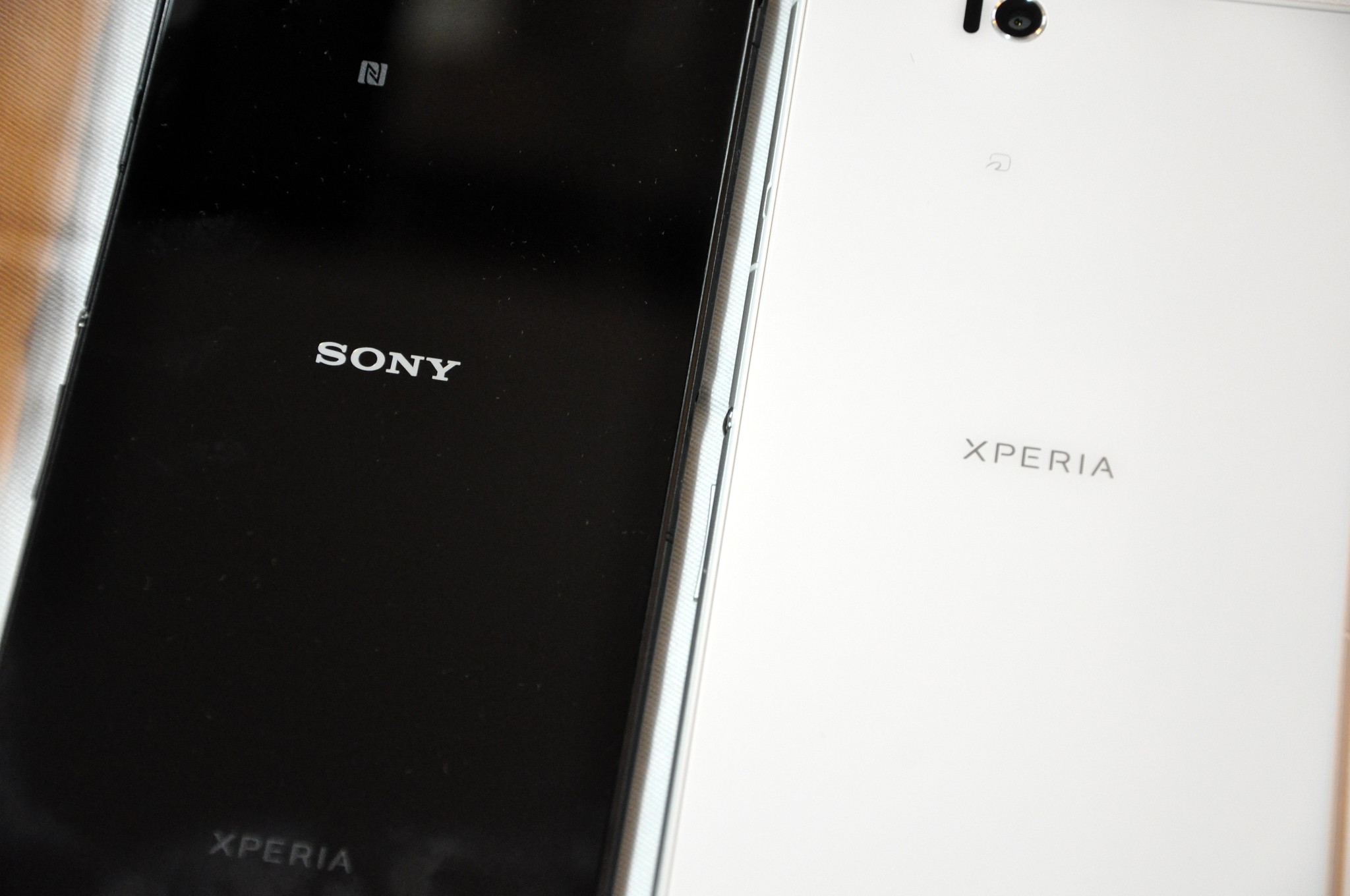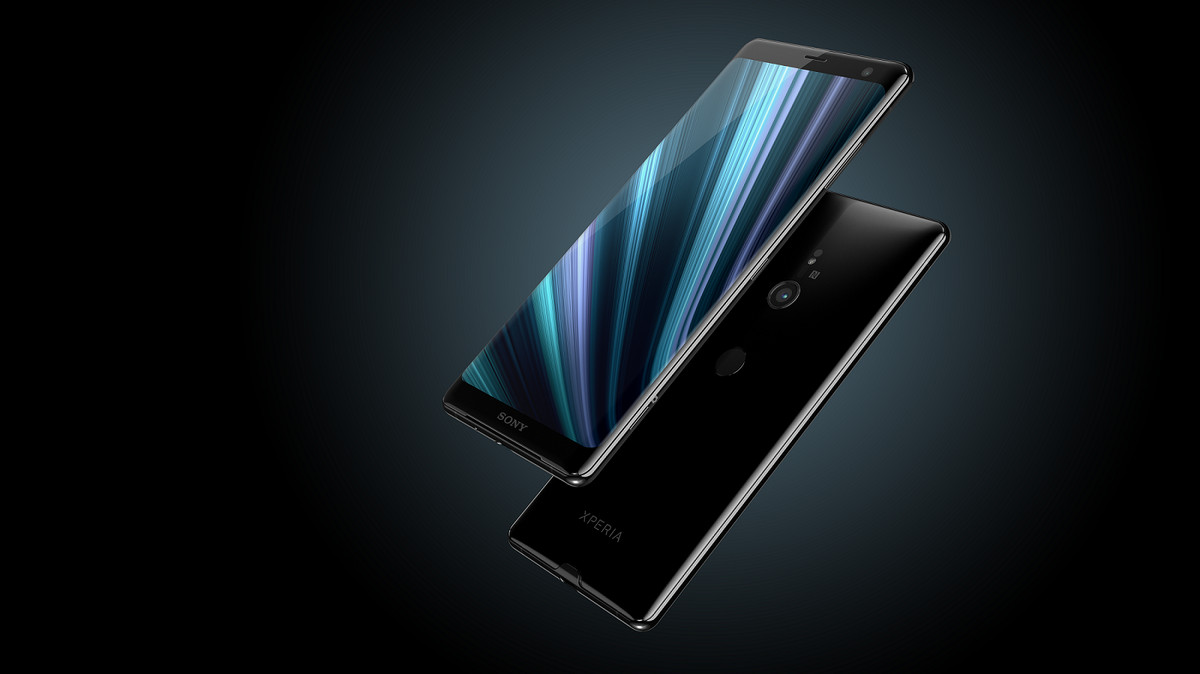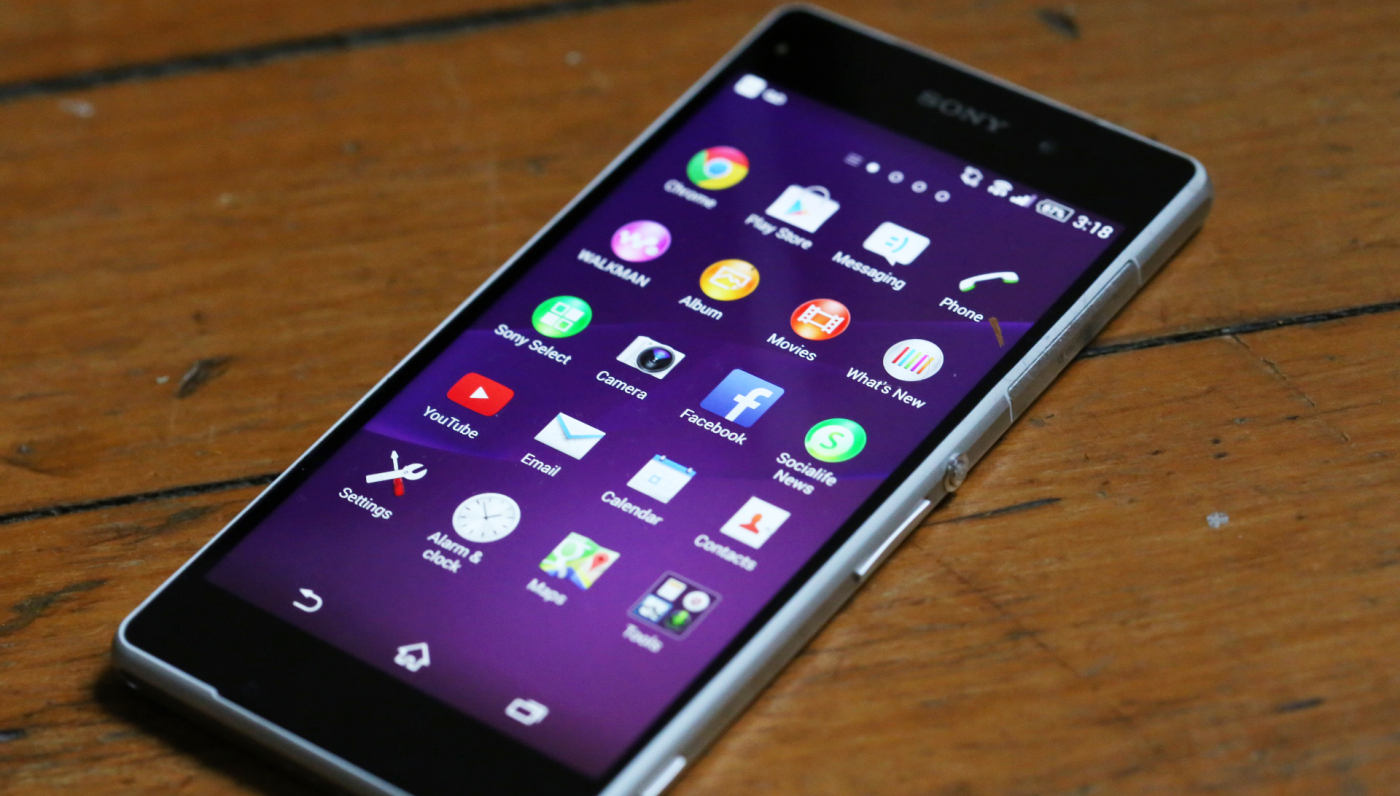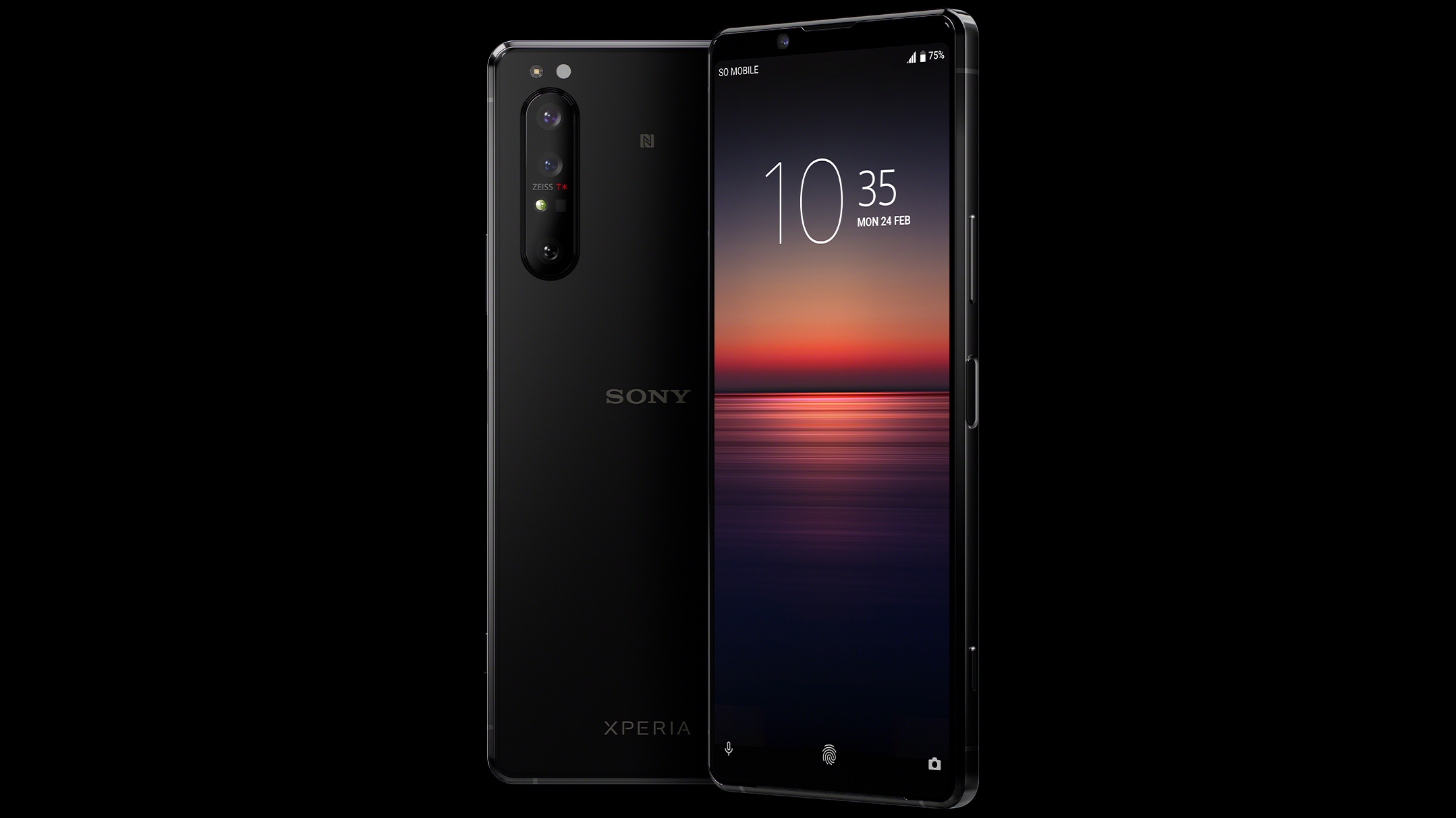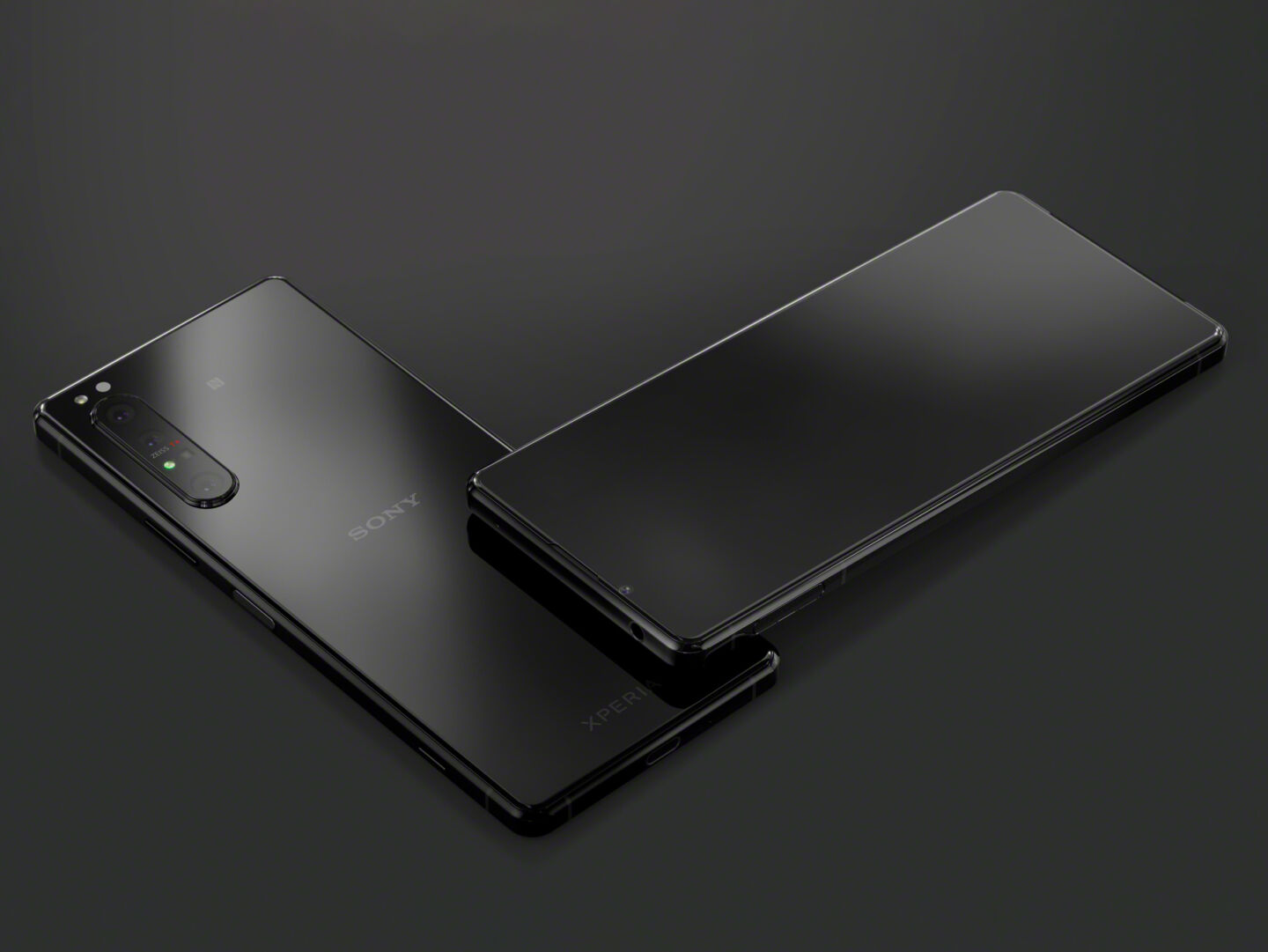There are plenty of factors to what made the Sony Xperia brand one of the preferred choices by fans and Android users alike. Fans have expressed that the brand’s phones, during its prime, had sleek and stylish designs, impressive displays, and high-end camera performance to boot. Sony’s line of Xperia smartphones were the talk of the town. So much so that they managed to easily dethrone competitors such as Samsung and HTC, especially when the Japanese company introduced the Xperia Z in 2013. The aforementioned handset was their first ever flagship phone that featured waterproof capability, which then became a staple and major selling point for most of Sony’s smart devices. On top of already offering a slew of impressive features, the company had also started introducing Ultra and Compact variants of its flagship phones to attract a wider audience. With element protection, high performance in-house camera and other worthwhile features, it seems that Sony somehow has crafted a recipe of success for the Xperia brand. However, having an established framework would not necessarily prevent its inevitable downfall. By 2015 onward, the Japanese company and its Xperia brand had started struggling to maintain its dominance in the smartphone market. Chinese brands such as Huawei had started offering worthwhile phones at affordable prices and weatherproofing is no longer exclusive to Sony phones. Samsung by then had picked up steam with its Galaxy S phones which provided better designs, display, and even camera capabilities. Even more so, subsequent releases of Xperia phones faced multiple negative feedback from critics and users alike. With issues such as inconsistent performance, overheating, and short battery life being the common gripe. Worse still, users who’ve moved on to other brands have remarked that Xperia phones had boring designs and offered mediocre camera performance – ironically, the two factors that helped establish the Sony brand in the first place. Moving on to current times, the Xperia brand has yet to find its footing to stay relevant in the industry. Again, most fans – including our own writer John Law – expressed that the Japanese company is still holding back on certain features that could potentially return the phones back to their former glory. Most would agree that instead of outfitting their own handsets with exclusive high end cameras, Sony had decided to release the technology to other brands. With little to no unique selling point of their own, hope for the has-been Xperia brand is almost uncertain. Sony had since pulled out from marketing their phones in certain regions including Malaysia. Even more recently, their mobile division’s website had also been taken down, with a major part of their content shifted over to the company’s main site. However, it seems that not all hope has been lost. It’s the year 2020 and Sony’s latest offering, the Xperia 1 Mk II, shows signs of promise. The new flagship phone packs current high end hardware, stereo speakers, and an impressive quad-camera setup. Depending on who you ask, the Mk II’s design is either magnificent or downright generic. Personally, I like it and I do fancy the thin yet tall look, but I still question the relevance of it’s 21:9 aspect ratio – besides for video viewing and videography, of course. Fellow Lowyat.net writer Ian Chee adds that the company should also introduce a Compact model for variety. Regardless, the Xperia Mk II is a step in the right direction for Sony, and we do hope the brand delivers with its newer products. And maybe if the company would swallow their pride a little and lower down the prices of their phones, I’m sure more users would embrace the Xperia brand even more. Then again, I don’t make the rules but you know how it is, Sony. You have to play by them if you want to win the game, and it’s now or never. (Header image: Sony Xperia Z2 by Maurizio Pesce via Flickr)
